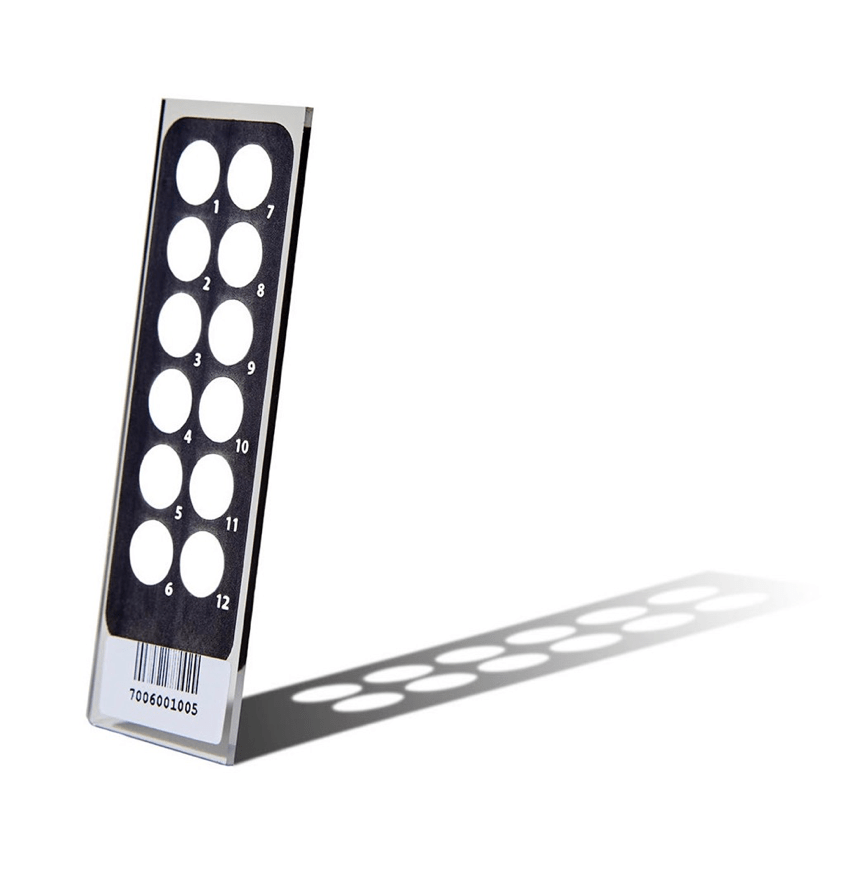Most people know that certain food items like leafy greens and meat can contain dangerous pathogens like e. Coli, but the nasty bug is also a problem for the burgeoning cannabis industry.
“Anything grow can grow e. Coli on it if it’s in a humid condition, including flower or an edible,” PathogenDx CEO Milan Patel told AFN. “
The startup has closed a $7.5 million Series B led by Cresco Capital Partners, Panther Opportunity Fund, Salveo Capital, Flatiron Venture Partners, and others for its pathogen testing technology, which it currently applies to cannabis. The round closed in under three months, which is lightning fast for the common fundraising. The round comes one year after the company’s Series A.
“PathogenDx is proving they have the break-through technology and team to disrupt both testing and product standards throughout the agricultural, food and medical industries,” said Ephraim Lindenbaum, managing director at Advance Ventures, a Silicon Valley-based agrifood tech and Digital Health investor, in a statement announcing the financing.
The new funding will be used to help the startup expand its technology beyond the cannabis space, building its team and global client list in the cannabis industry. It’s in the process of obtaining FDA approval for its technology to be used in the food industry, which it anticipates receiving in 2020.
“We have some good commercial traction and we have shown the benefits of our technology being delivered in cannabis testing for e. Coli. We decided to raise our Series B now because it’s time to break into food. We want to get into that $30 billion market [for food testing],” Patel explains.
Regular pathogen testing takes about 72 hours or longer, according to Patel. PathogenDx’s technology provides results in as little as six hours using raw sample genotyping, which avoids many of the steps involved in culturing a sample in a petri dish.
“Take a sample of marijuana for example. You put it in a plastic bag with water and shake it around to dislodge any pathogenic cells. Then, you draw some of the water out and spin it in a low-grade spin to remove the leaf material, which is then discarded,” Patel explains. “Next, we spin it very fast – about 14,000 g’s, to separate the dead cells that have no density from the pathogenic cells, which go into a little pellet at the bottom. You basically heat that pellet up with a chemical called a digestion buffer that cracks open the cell so you can get to the DNA that we then enrich and identify.”
The technology is sample-agnostic, meaning it can be used to test for pathogens on cannabis leaf, lettuce, or even chicken. It’s already being used in 90 labs across North America and Canada for testing pathogens in cannabis. The company sells its software, hardware, and equipment as an off-the-shelf solution to labs. The cloud-based software ties the technology together and allows PathogenDx to continually optimize it by building a database of outbreaks and pathogen reports.
“Nobody in the world is doing what we do like this. It’s actually unique and the only system like this in the world. There are some competitors but they use different DNA technologies,” Patel explains.
Scaling has been the company’s biggest challenge, with its employee base growing from 2 people 18-months ago to 26 people at present. He describes the hyper-adoption his company is experiencing as a good problem. Because the technology can be used in so many different capacities, the sky’s the limit in terms of options for scaling and expansion.
“One of the biggest applications we are going to launch next year is bovine mastitis testing. There is a 30% infection rate for dairy cows no matter where you go and there are 20 pathogens that can cause a mastitis infection to develop. Our test will provide them with results in six hours so they don’t have to deal with spoiled milk or cull as many cows, or give as many antibiotics,” Patel says.
The company will first target large-scale dairy and veterinary labs while developing a way to bring the testing capability on-farm in lieu of having to send a sample to a lab. He sees particular promise in countries like Uruguay and India where the dairy industry is massively consolidated and many cows are kept under one roof by the same owner.
“I’m drinking from six different fire hydrants, but it’s a core technology that covers so many different markets.”





